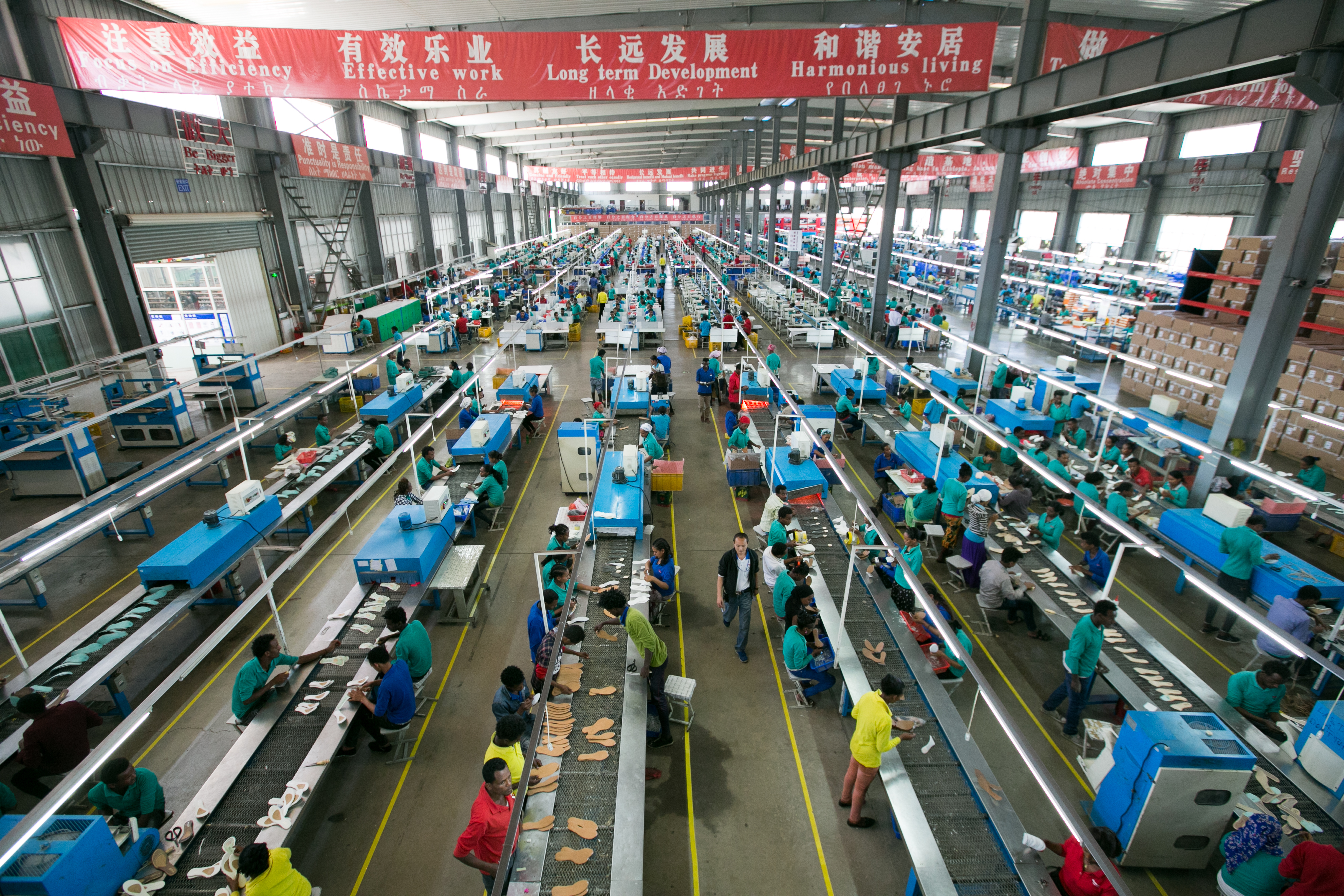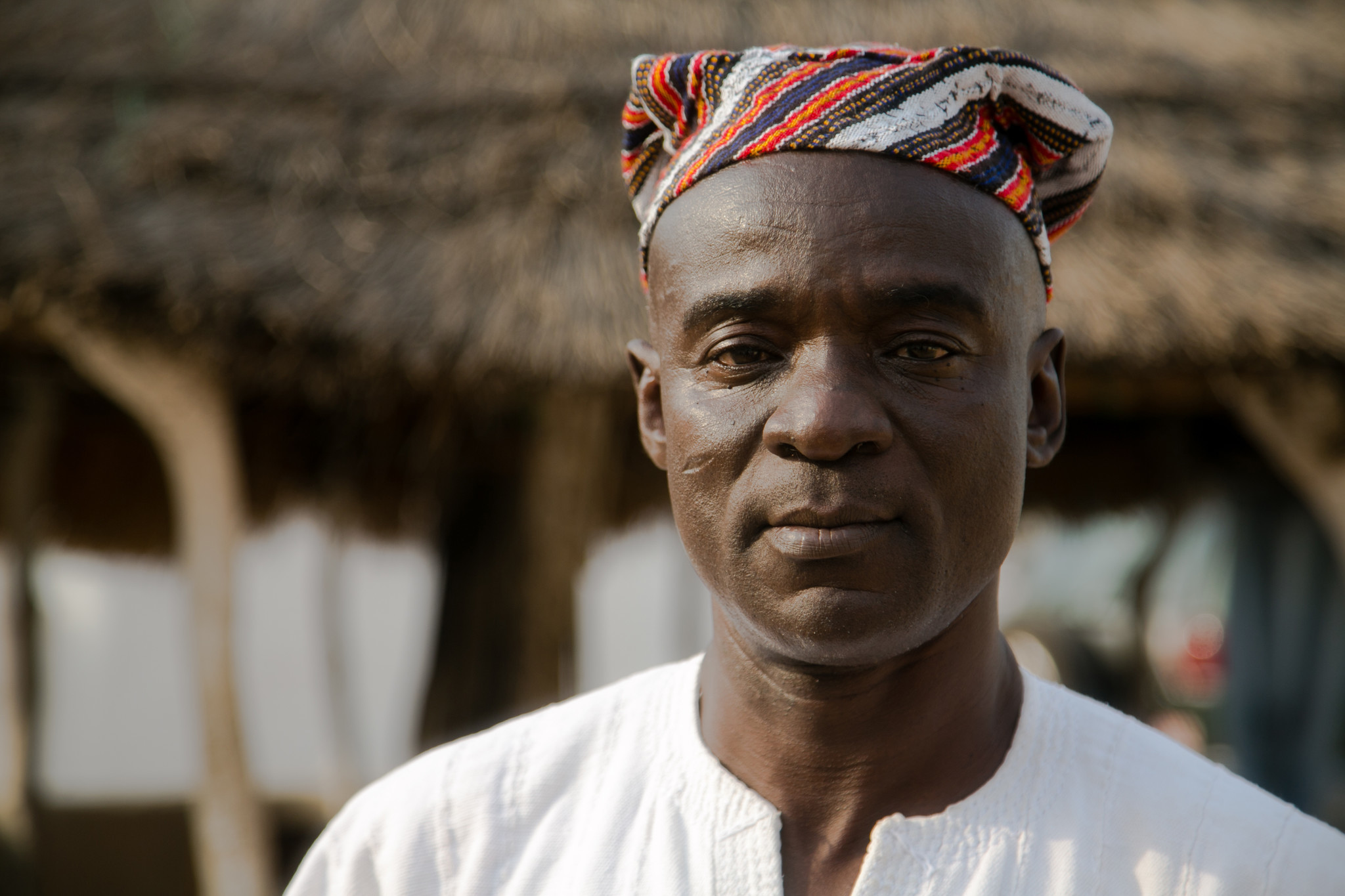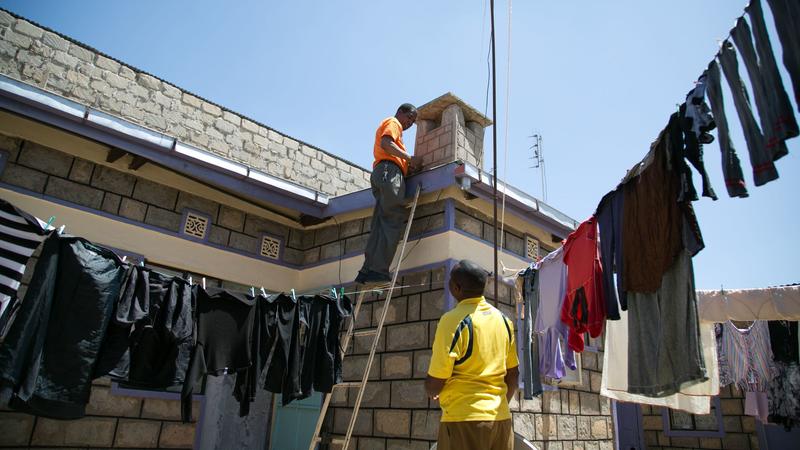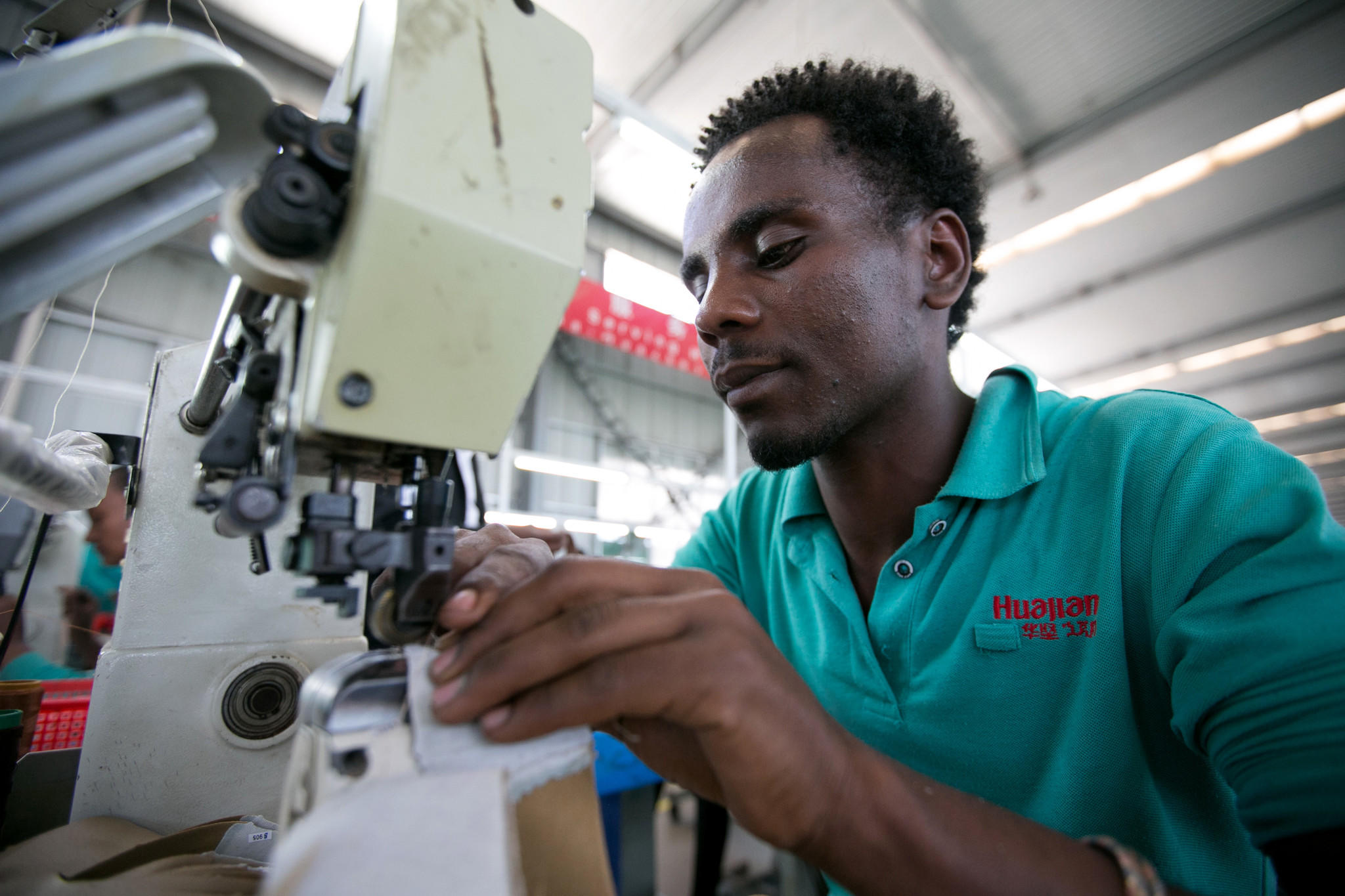Project August 5, 2017
China in Africa: Hope and Conflict in a Post-Western World
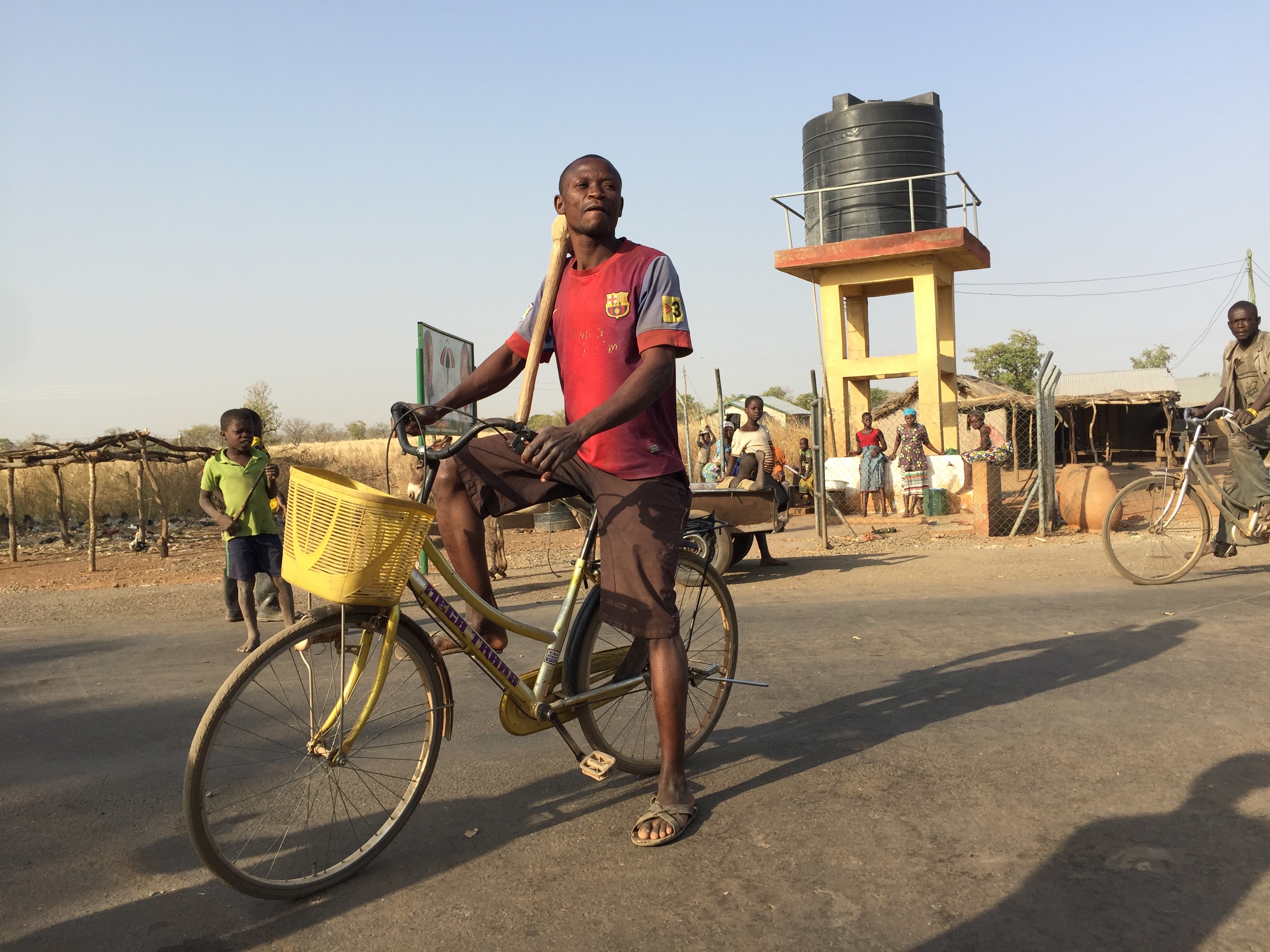
For more than a decade, China and Africa boomed together. China gave African states access to capital, allowing them to build bridges and stadiums; those states gave China natural resources, fueling China's economic boom.
But now, China's growth is slowing; Africa's is accelerating; and as ties between the two deepen, their relationship is growing more complex. Chinese nationals in Africa — once a scattered cohort of officials, mining executives and construction crews — are being joined by tourists, peacekeepers, poachers, soldiers and small-time entrepreneurs.
In Ghana, Wumbe Dawuni, a village chief in the country's remote northern region, has launched a crusade against Chinese entrepreneurs' "gambling centers" — unregulated slot machines which have hooked village children on gambling, causing a spike in crime. In Kenya, the Chinese telecommunications firm StarTimes has, with Beijing's backing, built a pipeline for Chinese propaganda into countless African homes.
Chinese corporations have laid a 450-mile electric rail line linking Ethiopia's capital Addis Ababa with the Red Sea port of Djibouti, where Beijing is building its first overseas military outpost, underscoring the overlap between its economic and geopolitical goals.
Taken together, these snapshots tell the story of a world in flux. The U.S. and Europe's role as the keepers of a strong, liberal global order has been eroding; and as China fills the gap, its African ties provide a blueprint for the future of the developing world. Yet many Africans are beginning to feel disillusioned, as China's waning boom lays bare the drawbacks of dealing so closely with the world's newest superpower, one incalculably different from the retrenching West.


